Researchers revealed the regulatory mechanism of gut microbiota on antiviral immunity in zebrafish
Recently, the Aqua-Microbiome and Feed Research Team from the Institute of Feed Research, Chinese Academy of Agricultural Sciences elucidated the regulatory mechanism of gut microbiota on antiviral immunity in zebrafish. The related findings have been published in Microbiome journal.
With the rapid development of the global aquaculture industry, viral diseases have become one of the major bottlenecks constraining its sustainable growth. Therefore, the development of green and sustainable strategies for viral disease control has emerged as a critical research direction in the field of aquaculture. Accumulating evidence has demonstrated that the gut microbiota plays a significant role in regulating host antiviral immune responses. However, research on the specific commensal microorganisms and mechanisms by which theymediate antiviral signaling pathways remain limited.
We observed that oral antibiotics-treated and germ-free zebrafish exhibited greater spring viremia of carp virus (SVCV) infection. Mechanistically, depletion of the intestinal microbiome altered TLR2-Myd88 signaling, and blunted neutrophil response and type I interferon (IFN) antiviral innate immunity. Through 16S rRNA sequencing of the intestinal contents from control and antibiotic (s)-treated fish, we identified a single commensal bacterial species, namely Cetobacterium somerae , that can restore the TLR2- and neutrophil-dependent type I IFN response to restrict SVCV infection in gnotobiotic zebrafish. Furthermore, we found that C. somerae exopolysaccharides (CsEPS) was the effector molecule that engaged TLR2 to mediate the type I IFN-dependent antiviral function. Together, our results suggested a conserved role of the intestinal microbiome in regulating type I IFN antiviral response among vertebrates, and revealed that the intestinal microbiome inhibits viral infection through a CsEPS-TLR2-type I IFN signaling axis in zebrafish.
This study was supported by the National Natural Science Foundation of China (32122088, 31925038) and the Science and Technology Innovation Project of the Chinese Academy of Agricultural Sciences (CAAS-ZDRW202305).
Original link: https://doi.org/10.1186/s40168-024-01958-y
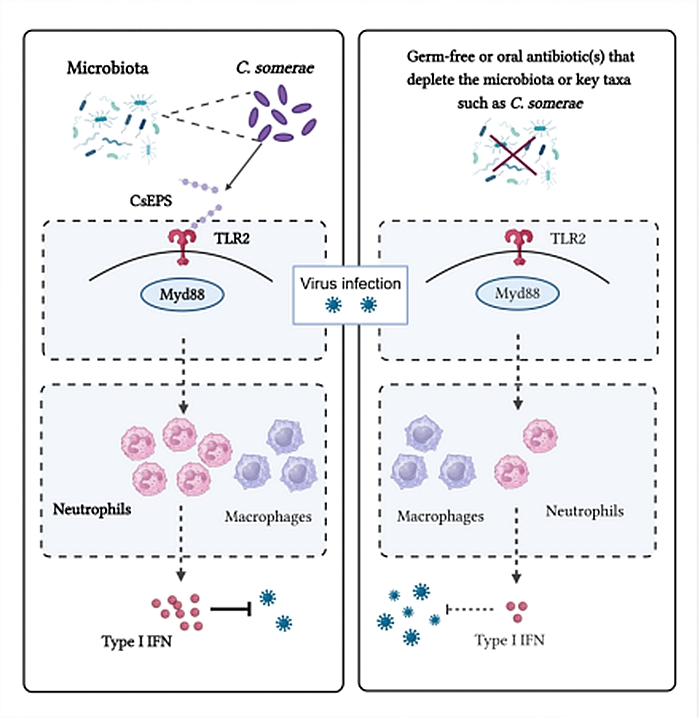
By Hui Liang, 2208364051@qq.com
-
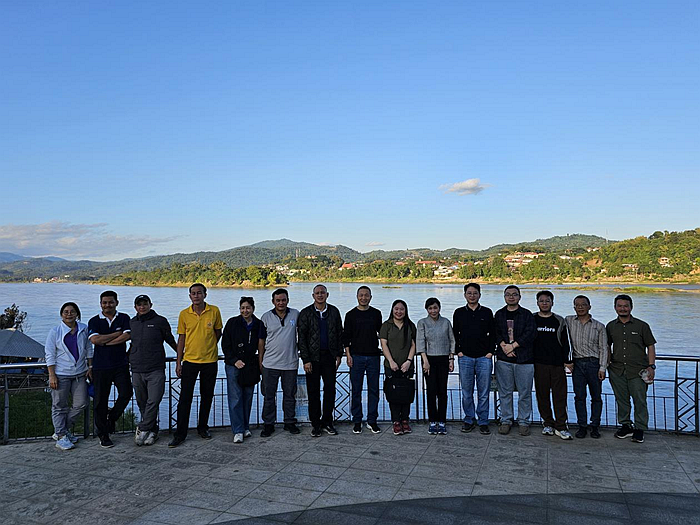 Jan 21, 2025IAED-CAAS Delegation Visits Thailand for Scientific Cooperation
Jan 21, 2025IAED-CAAS Delegation Visits Thailand for Scientific Cooperation -
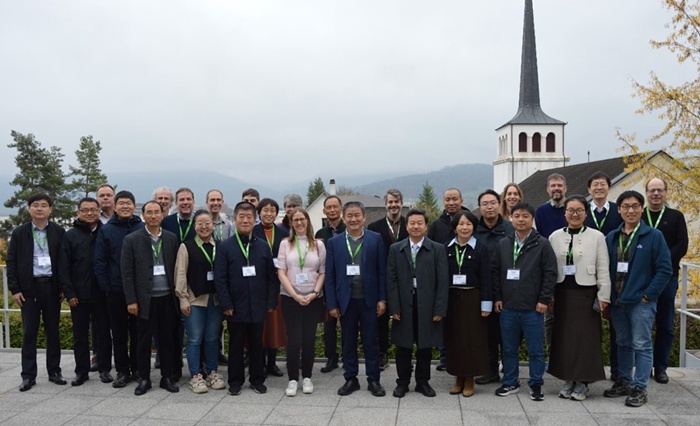 Dec 05, 2024China-CABI Project Development Workshop Held in Delémont, Switzerland
Dec 05, 2024China-CABI Project Development Workshop Held in Delémont, Switzerland -
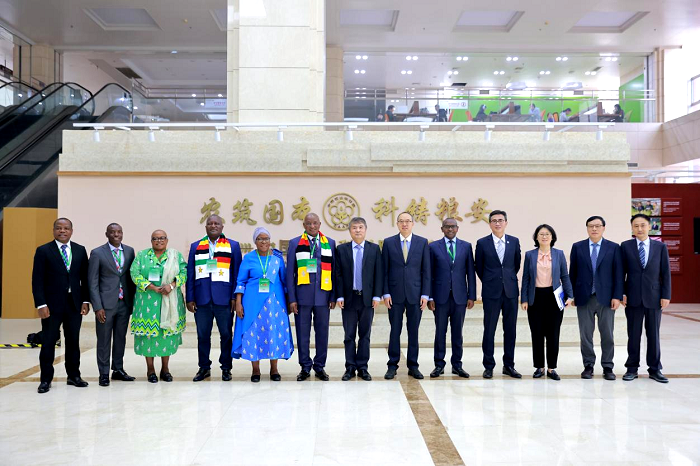 Dec 05, 2024Ministerial Workshop on Digital Agriculture and Rural Revitalization for BRI Partner Countries Held at CAAS
Dec 05, 2024Ministerial Workshop on Digital Agriculture and Rural Revitalization for BRI Partner Countries Held at CAAS -
 Dec 05, 2024CIAR and FGV Deepen Cooperation to Promote the Development of China-Brazil Green Agricultural Products Value Chain
Dec 05, 2024CIAR and FGV Deepen Cooperation to Promote the Development of China-Brazil Green Agricultural Products Value Chain -
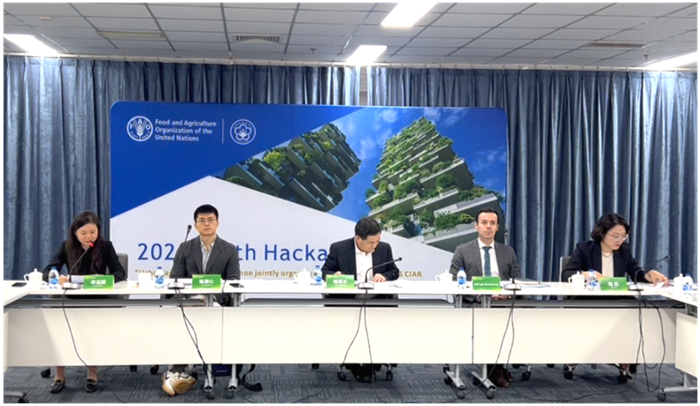 Dec 05, 20242024 Youth Hackathon for Urban Agriculture Finals Successfully Held in Beijing
Dec 05, 20242024 Youth Hackathon for Urban Agriculture Finals Successfully Held in Beijing
